Gringo on the Slum (2015)
Genre : Documentary
Runtime : 27M
Director : Bruno Graziano, Marjorie Niele
Synopsis
Documentary about the foreign tourism in Rocinha, the biggest Latin America's favela, which receives about 3.000 foreign tourists per month. They come to Rocinha looking for the most varied aspects, from the poorness to the violence, from the geography to the architecture, from the viewing to the atmosphere, from the curiosity to the welfarism.
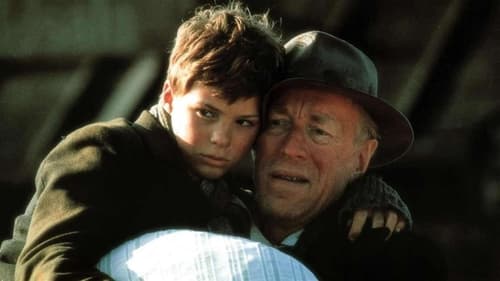
In the late 19th century, two Swedish emigrants, Lasse Karlsson and his son Pelle, arrive on the Danish island of Bornholm hoping to find work on a farm and save enough money to travel to the United States of America.
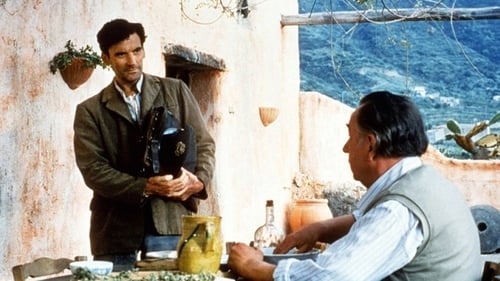
Simple Italian postman learns to love poetry while delivering mail to a famous poet; he uses this to woo local beauty Beatrice.
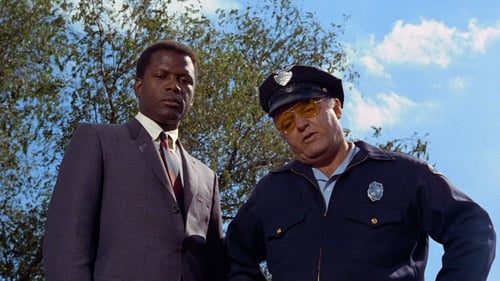
African-American Philadelphia police detective Virgil Tibbs is arrested on suspicion of murder by Bill Gillespie, the racist police chief of tiny Sparta, Mississippi. After Tibbs proves not only his own innocence but that of another man, he joins forces with Gillespie to track down the real killer. Their investigation takes them through every social level of the town, with Tibbs making enemies as well as unlikely friends as he hunts for the truth.

Werner, Andi and Eckat play dice to determine the next king of the trio. When Werner is crowned king, he decides for all of them to skip work and start for Korsika.
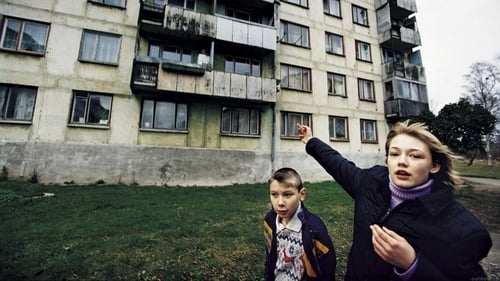
Lilja lives in poverty and dreams of a better life. Her mother moves to the United States and abandons her to her aunt, who neglects her. Lilja hangs out with her friends, Natasha and Volodya, who is suicidal. Desperate for money, she starts working as a prostitute, and later meets Andrei. He offers her a good job in Sweden, but when Lilja arrives her life quickly enters a downward spiral.

Young, impulsive Rosetta lives a hard and stressful life as she struggles to support herself and her alcoholic mother. Refusing all charity, she is desperate to maintain a dignified job.
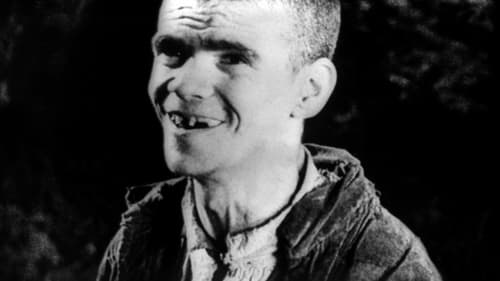
An exploration —manipulated and staged— of life in Las Hurdes, in the province of Cáceres, in Extremadura, Spain, as it was in 1932. Insalubrity, misery and lack of opportunities provoke the emigration of young people and the solitude of those who remain in the desolation of one of the poorest and least developed Spanish regions at that time. (Silent short, voiced in 1937 and 1996.)

In the mountains of Northern Thailand lies a boarding school. The students come from different tribes in the area and live together with their Thai teacher, grow their own crops and cook their own meals while continuing their education. The biggest question on their mind, having spent all their lives in the mountainside, is where the rivers running down the hills end. If they pass the final exams their reward is a trip to the end of the river, to the ocean itself. The children are poor, some orphans, and most of them only speak their tribe's language, but all try their best to pass the exams to be able to take the long-awaited trip. This trip is not only a journey from the children's villages to the ocean but also a journey that symbolizes the change from childhood to adulthood.

DREAMING NICARAGUA is a film about HOPE. It's about love for the dignity and courage of the human spirit that, even immersed in uttermost tragic conditions, fights for a better life, and in this case, with a friendly SMILE. DREAMING is a sensitive and lyrical portrayal of four children living in extreme poverty in Nicaragua. The film takes us beyond their hardships and gives voice to the youngsters, who are surprisingly funny, hopeful, and optimistic. A traveling art teacher provides a safe arena for our four unlikely protagonists to express their innermost thoughts. When painting, the kids momentarily escape the stresses of their reality into a world of dreams and ideas, a stark contrast to their lives outside: a vicious cycle of hunger, child labor, and violence. Despite the extreme circumstances, the children and their families face their lives with an inspiring unity, strength and humor.

During the last half-century, Cambodia has witnessed genocide, decades of war and the collapse of social order. Now, documentary filmmaker Rithy Panh looks at an irreparable tragedy that is less visible, yet no less pervasive: the spiritual death that results when young women are forced into prostitution. Angry and impassioned, PAPER CANNOT WRAP UP EMBERS presents the searing stories of poor Asian women whose lives were violated and their destinies destroyed when their bodies were turned into items of sexual commerce.

The poor may always have been with us, but attitudes towards them have changed. Beginning in the Neolithic Age, Ben Lewis's film takes us through the changing world of poverty. You go to sleep, you dream, you become poor through the ages. And when you awake, what can you say about poverty now? There are still very poor people, to be sure, but the new poverty has more to do with inequality...

The movie consists of three episodes that explore the lives of poor and desperate in Iran. In episode one, a very poor couple with many crippled children abandon their newly born baby in hopes that it will have a better future. In the second episode, a mentally impaired and isolated young man tries to take care of his senile mother who is almost dead. In the third episode, a cowardly and desperate peddler tries to escape from his boss.

Bye Bye Barcelona is a documentary about a city and its relation to tourism , on the difficult coexistence between Barcelona the city and Barcelona the tourist destination

Bavarian sex comedy from germany

A girls only hotel in Austria, run by a man-hating grandmother. Her daughter and three pretty grand daughters are chased by men, nevertheless (and chase the guys themselves), so everything is back to heterosexual normality in the happy ending. It's a musical.
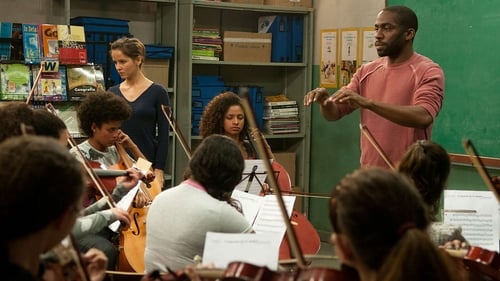
Laerte, a talented violinist who after failing to be admitted into the OSESP Orchestra is forced to give music classes to teenagers in a public school at Heliopolis. His path is full of difficulties, but the transforming power of music and the friendship arising between the teacher and the students open the door into a new world.
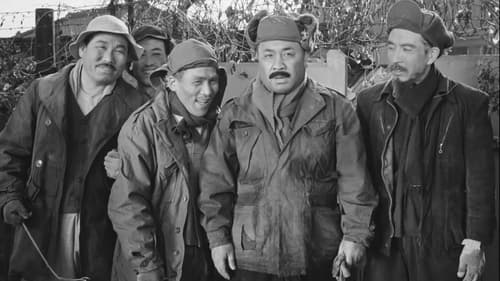
A man tries to raise his two sons and two daughters under some of the most adverse conditions known to man. The father operates a horse-drawn cart, but in a city that is modernizing after the destruction of the Korean War, automobiles are making carts obsolete. The children are experiencing difficulties as well. The eldest son has flunked the bar exam twice and is not hopeful of passing it a third time to become a lawyer. The eldest daughter is mute and married to an abusive husband. The younger daughter tries to pose as a rich university student to move up in life. The youngest son has a penchant for petty theft.
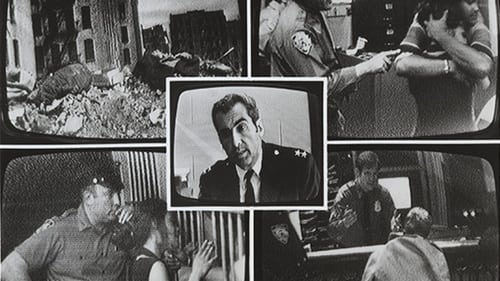
The Police Tapes is a 1977 documentary about a New York City police precinct in the South Bronx. The original ran ninety minutes and was produced for public television; a one-hour version later aired on ABC. Filmmakers Alan and Susan Raymond spent three months in 1976 riding along with patrol officers in the 44th Precinct of the South Bronx, which had the highest crime rate in New York City at that time. They produced about 40 hours of videotape that they edited into a 90-minute documentary.

Gardoni, a down-on-his-luck vaudeville performer, is taken in by a fellow performer, a clown who has a bicycle riding act. Gardoni shows his appreciation by stealing the clown's act and his girlfriend, whom he marries.

Using an embedded Iraqi camera crew, AFI has delivered an unprecedented look at life inside post-war Iraq, all from the unique perspective of a precocious twelve-year-old boy. Doe-eyed and adorable Kheer Allah lives with his mother, father, two brothers and sister. Their "home" has no furniture and no modern appliances, except for an old television and radio sitting precariously atop a stack of used tires. There's no meat on this family's table. Home-baked pita bread is the staple in this beyond-poor household. School is out of the question too. Young Kheer Allah must work every day to help his family survive. This daily struggle forms the heart of this remarkable film. Through the wind-swept and war-ravaged streets of his neighborhood, Kheer Allah parlays his abundant charm into a variety of odd jobs that bring little money, but much satisfaction to his ever-smiling face.













